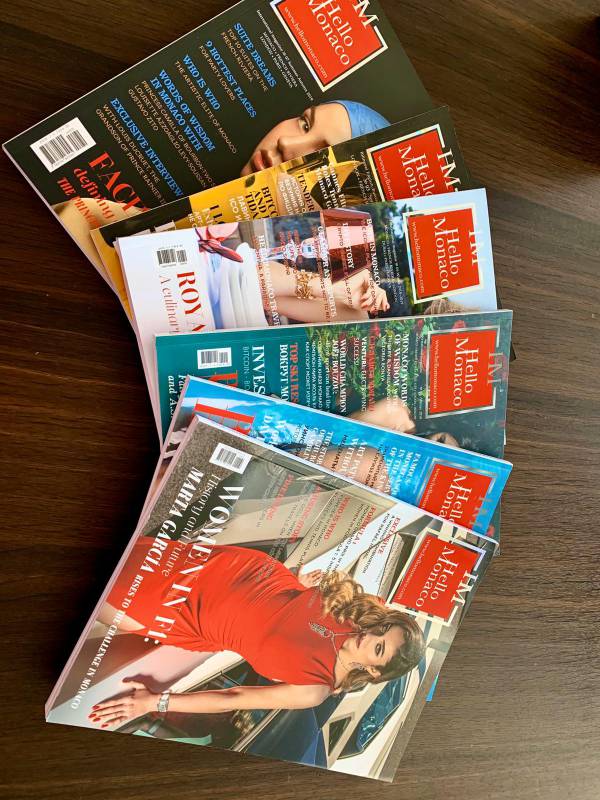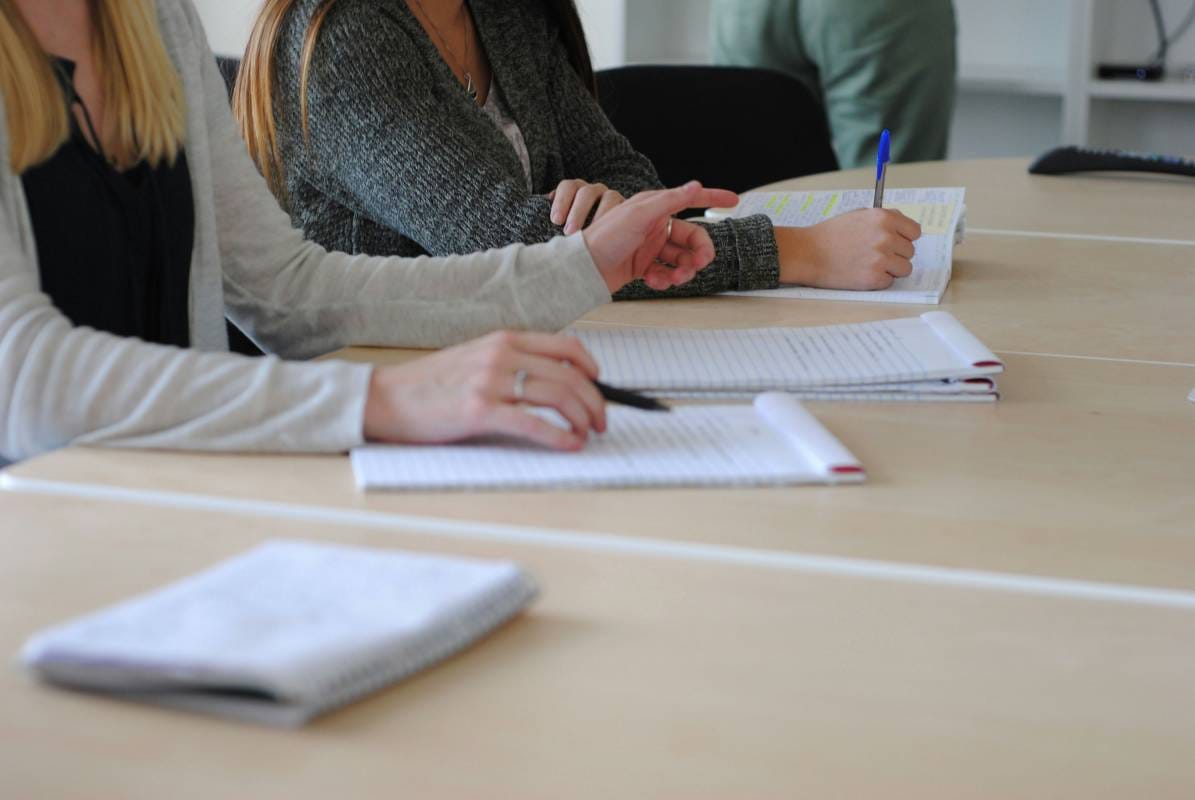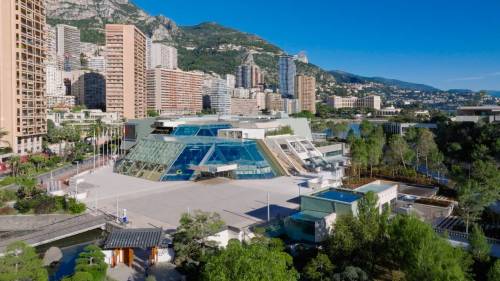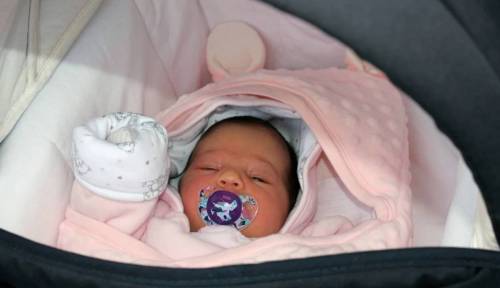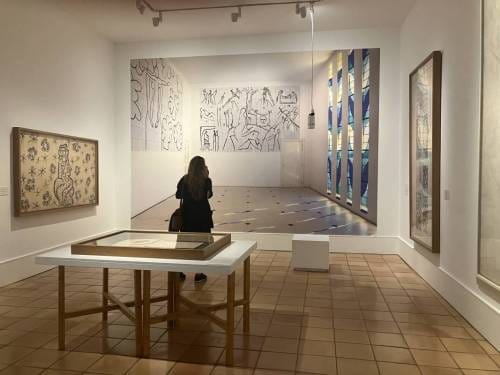In an increasingly security-conscious world, Monegasque students applying for study visas to the United States now reportedly face a new requirement: their social media accounts must be submitted and made public for scrutiny by U.S. authorities as part of the visa process.
The announcement, reportedly confirmed by Monaco’s Directorate of Diplomatic and Consular Relations (DRDC), comes after the temporary suspension of F-1 student visa processing for Monaco nationals earlier this year. In coordination with the Embassy of Monaco in Washington, D.C., the Prince’s Government has now informed students that new appointment slots for visa interviews may soon become available.
However, this reopening comes with strict new conditions regarding applicants’ online presence.
Enhanced Social Media Disclosure
Under the reported updated procedures, student visa applicants are now required to:
• Declare all personal social media accounts on their visa applications.
• Configure their profiles to public visibility to allow U.S. consular officials to review the content.
Any material, particularly political comments, deemed contrary to U.S. policy or security interests could contribute as part of the overall review to a visa denial. Furthermore, failure to declare social media accounts or to make them accessible could result in delays, complications, or outright rejection of the visa application.
Affected students are urged to review their digital footprint carefully, ensuring compliance before submitting their applications.
U.S. Visa Policy Background
The U.S. has long screened social media activity of visa applicants but this appears to be the first time such policies are requiring the public visibility of Monegasque nationals’ accounts. The move is part of broader U.S. measures to tighten immigration screening.
In recent years, the U.S. Department of State has expanded its Form DS-160 to require most visa applicants, including students, to disclose their social media identifiers from the past five years. Platforms such as Instagram, Facebook, Twitter (now X), TikTok, LinkedIn, and others are included in this review.
Student Concerns and Government Advice
The announcement has raised concerns among some students, particularly about privacy and freedom of expression.
Monaco’s government has encouraged applicants to Monitor the U.S. visa appointment website regularly for available interview slots:
https://ais.usvisa-info.com/en-fr/niv
A Broader Trend
The practice of screening social media for visa applications is not unique to Monaco. Since 2019, U.S. immigration authorities have required nearly all visa applicants, approximately 15 million people annually, to disclose their social media handles. This applies to tourists, students, workers, and even diplomats under some circumstances.
The U.S. government states this policy is aimed at strengthening national security.
For Monegasque students hoping to study in the United States, the message is clear: their social media presence is part of the official visa evaluation process.


